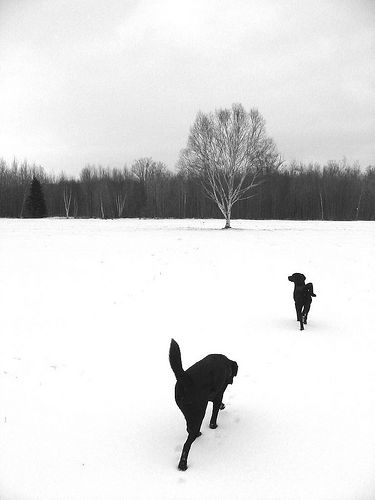Inventing Best Practices for Podcasting
After listening to various academic podcasts and finding no best practices for podcast pedagogy (yes, I found tips re: the technical specs, but I've been looking for recommendations for using podcasts for their distinctive pedagogical advantages, not just as recordings of lectures).
What I found was recordings of lectures. I'm sure I'll find wonderful podcasts by rhet/comp colleagues sometime soon.
Meanwhile, I'll invent some hypothetical best practices (in the absence of having practiced them). And I'll concentrate on the kind of pedagogical work I want this tool to help me do.
Using podcasts to sustain community during an instructor's extended absence
Using podcasts to mentor student field work (in this case, the analysis of artifacts in public spaces)
That's a preliminary list.
And I think it's two podcasts: the field research would be my test-run with the technology and the other more of an audio-postcard or field report of my own. Of course the challenge of making it a field report is that I'll need to be fairly confident of producing and uploading it in the midst of a fairly rigorous lecturing schedule overseas. Hm.
Time to walk a dog and ponder all this.
What I found was recordings of lectures. I'm sure I'll find wonderful podcasts by rhet/comp colleagues sometime soon.
Meanwhile, I'll invent some hypothetical best practices (in the absence of having practiced them). And I'll concentrate on the kind of pedagogical work I want this tool to help me do.
Using podcasts to sustain community during an instructor's extended absence
- Reinforce the course theme and current unit during the podcast, ideally responding to a recent set of student postings, emails, or discussion (for continuity of course conversations)
- Make one meaningful connection between the instructor's trip and the course content (e.g., find an artifact or event that can contribute to/extend the ongoing work of the course)
- Keep the podcast short (5 minutes?)
- Publish a relevant image to accompany the podcast (consider including video)
- Remember the podcast is not a substitute for a reasonable quantity of online/email contact with the students during the f2f absence
- Keep the podcast goal modest: don't over-commit to students or to yourself; rather, plan to make one or two podcasts--ideally one that can be completed and uploaded before the trip--to ensure follow-through.
- Usability test the podcast with multiple devices and with a printed version (for those w/out portable MP3 players)
Using podcasts to mentor student field work (in this case, the analysis of artifacts in public spaces)
- "Rehearse" the observation (Go to the site and record notes about the students' likely paths to and around the artifact(s), and so forth)
- Compose a script that reinforces the terminology, methods, and motives of the field observation
- Don't over-script the experience; allow time and space for the students' spontaneous responses to the artifacts
- Keep the script simple, but not overly checklist-y (otherwise, some may print the script as merely a fill-in-the-blank tool)
- Include a prompt for synthesis in the script to again guide the students to make the observation a cumulative process rather than one that can be delegated as task modules to team members--in other words, craft a script that encourages discussion with classmates/teammates for its completion.
- Usability test the podcast with multiple devices and with a printed version (for those w/out portable MP3 players)
That's a preliminary list.
And I think it's two podcasts: the field research would be my test-run with the technology and the other more of an audio-postcard or field report of my own. Of course the challenge of making it a field report is that I'll need to be fairly confident of producing and uploading it in the midst of a fairly rigorous lecturing schedule overseas. Hm.
Time to walk a dog and ponder all this.



2 Comments:
Thanks for providing great food for thought. I've been pondering a related issue -- an pedagogcially effective design for instructional podcasts.
I really appreciate the emphasis you give to using the podcast as a community builder, and the idea of podcast best practices is intriguing.
Thanks, Randy. And I so appreciated visiting your podagogy site. If you had a dog I'd blogroll you ;-)
Post a Comment
<< Home